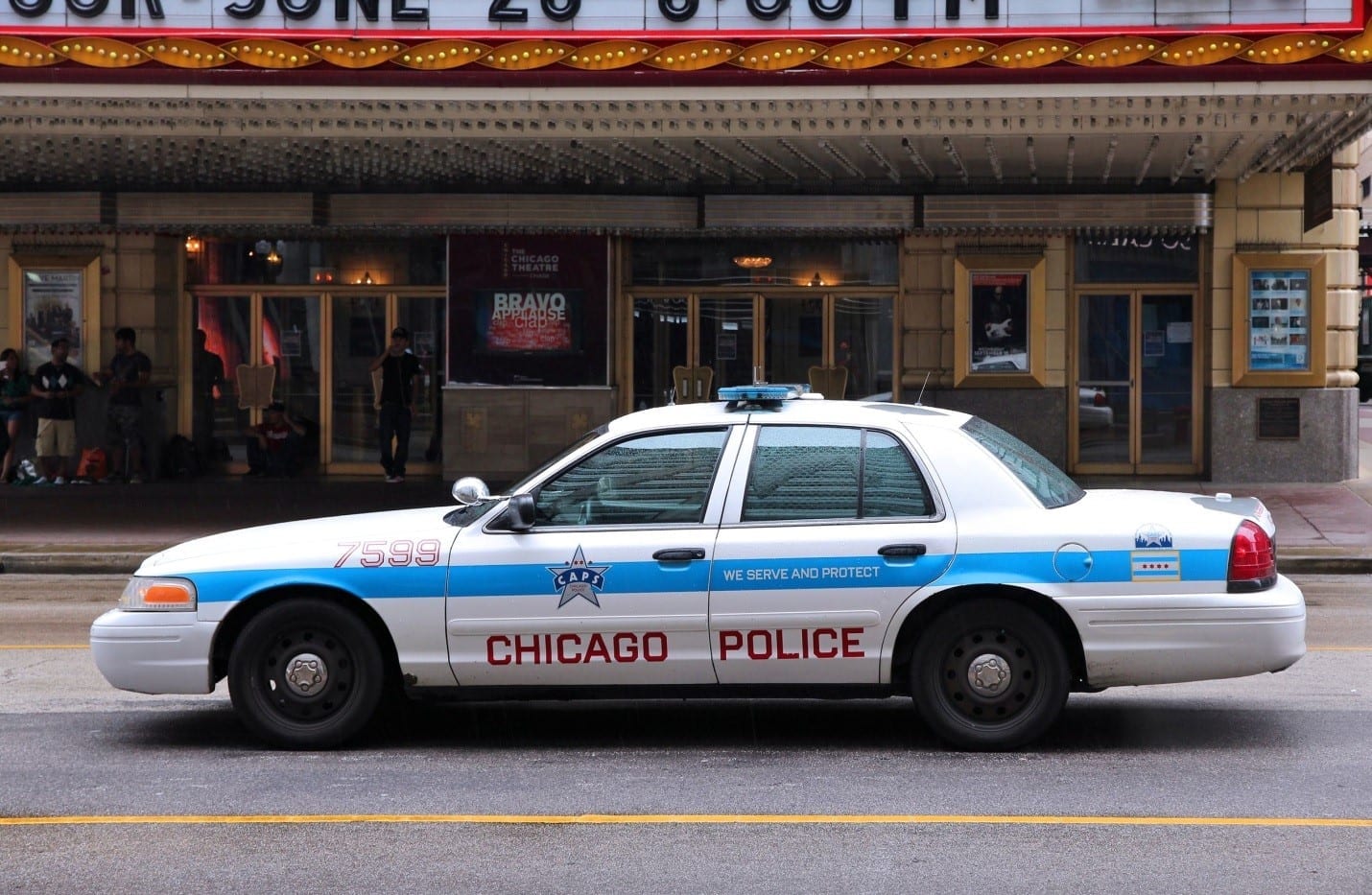Prostitution Stings Net Arrests – But Do They Violate Rights?
This past March was a busy month for the Romeoville police force. Local police conducted a prostitution sting between March 20 and 27, arresting 20 men for soliciting a prostitute during the process.
To attract solicitors, the police set up an advertisement for prostitution online. “We try to do this every couple years,” police Commander John Ferdinardo explained to reporters from the Chicago Tribune.
Officers set up their investigation in the 1200 block of Lakeview Drive, where there are four hotels. The officers made arrests throughout the week, from the early hours of the morning to the late evening. The 20 men arrested were from areas across Illinois, including Naperville, Joliet, and Chicago. Charged with the crime of soliciting a prostitute, the men now face serious penalties, including hefty fines, jail time, mandatory court supervision, and testing for sexually transmitted diseases.
Prostitution Stings in Chicago
These men’s unfortunate situation is a common occurrence in Illinois, where law enforcement agencies often use sting operations to catch criminals involved in the prostitution and sex trade. During sting operations, police officers go undercover to catch a person in the act of committing a crime.
An increasingly common type of prostitution sting in Illinois starts out online, when police officers create an advertisement on a site like Craigslist or Backpage.com. In these online advertisements, officers may post a seductive picture, along with the promise of sexual favors and a phone number. When sting operation victims call the number, police officers record the call to gather information and invite the caller to a local hotel.
At the hotel, an undercover police officer or cooperative civilian will pose as a prostitute while wearing a wire. The undercover agent will try to gather incriminating evidence before police officers emerge to arrest the individual.
These types of online sting operations are often used to crack down on sex crimes such as prostitution and child sexual abuse. While many other crimes are reported by victims or witnesses, prostitution crimes are unique in that most prostitution occurs consensually and in private. For these reasons, law enforcement officials often argue that sting operations are necessary to enforce sex crime laws.
Prostitution Stings and Entrapment
However, sting operations raise many ethical and legal concerns.Click To Tweet
In prostitution stings, police officers often engage in the criminal activities they are trying to combat, such as soliciting a prostitute and buying contraband.
In addition, prostitution stings raise questions over whether they qualify as entrapment. Entrapment is a practice where a law enforcement official induces a person to commit a crime that they would have not otherwise been likely to commit. In Illinois, entrapment is discouraged, and local law states:
“A person is not guilty of an offense if his or her conduct is incited or induced by a public officer or employee, or agent of either, for the purpose of obtaining evidence for the prosecution of that person. However, this Section is inapplicable if the person was pre-disposed to commit the offense and the public officer or employee, or agent of either, merely affords to that person the opportunity or facility for committing an offense. (Source: P.A. 89-332, eff. 1-1-96.)”
In order for a prostitution sting to be a lawful tactic to enforce sex crime laws, police officers cannot provoke someone into committing a crime that they otherwise would not have committed. However, most courts interpret “provoke” in different ways.
If You Have Been a Target of a Prostitution Sting
 The experience of falling victim to a prostitution sting can be frightening and traumatic. If you have been arrested or charged with soliciting a prostitute, you may be feeling understandably shaken and embarrassed. But it’s important remember that you are not without options—a Chicago criminal defense attorney may be able to help you fight a solicitation charge to protect your freedom, finances, and reputation.
The experience of falling victim to a prostitution sting can be frightening and traumatic. If you have been arrested or charged with soliciting a prostitute, you may be feeling understandably shaken and embarrassed. But it’s important remember that you are not without options—a Chicago criminal defense attorney may be able to help you fight a solicitation charge to protect your freedom, finances, and reputation.
As soon as you contact an attorney, you can begin developing a powerful strategy for your defense. Your attorney will begin by listening to your side of the story carefully and without judgement, before helping you to understand the charges facing you and explaining your options. Together, you can determine the best defense strategy for your unique situation.
With a thorough investigation, your attorney may be able to demonstrate effective defenses such as entrapment, discrimination, lack of intent, or invasion of privacy. Your attorney will work with you to determine the best legal strategy to ensure the most favorable outcome for your case. In the courtroom, your attorney will present your case to the judge with aggression and expertise, working fearlessly to protect your rights and good name.
About the Author:
Andrew M. Weisberg is a former felony prosecutor who now serves as a defense attorney in the greater Chicago area. He has extensive experience in handling all types of criminal cases, from sex offenses and domestic violence to retail theft-related crimes, Murder, and drug crimes.







 Blog Home
Blog Home 











